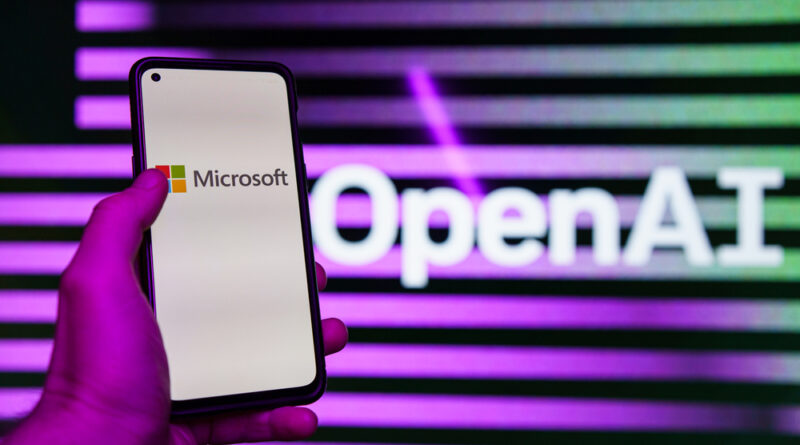Microsoft Deploys 11 AI Cybersecurity Agents to Combat Rising Hacking Threats
In response to an unprecedented surge in hacking attempts by criminals, fraudsters, and state-sponsored actors, Microsoft is launching 11 specialized AI cybersecurity agents designed to detect and neutralize cyberattacks at speeds no human can match.
According to Vasu Jakkal, Microsoft’s Vice President of Security, the company tracked nearly 30 billion phishing emails last year—a volume that renders manual monitoring practically impossible. “There’s no way any human can keep up with the volume,” Jakkal said, emphasizing the need for autonomous systems capable of sifting through vast amounts of digital communication in real time.
The new AI agents, a combination of proprietary tools and those developed by external partners, are integrated into Microsoft’s AI suite, Copilot. Unlike traditional AI assistants that handle everyday tasks such as booking appointments or answering queries, these agents are engineered to identify suspicious emails, block hacking attempts, and gather actionable intelligence on potential threats.
With approximately 70% of the world’s computers running Windows and countless organizations depending on Microsoft’s cloud computing infrastructure, the tech giant has long been a high-profile target for cyberattacks. The increasing sophistication of malicious software and the emergence of a “gig economy” for cybercrime—valued at an estimated $9.2 trillion—have further intensified the cybersecurity challenge. Jakkal noted a five-fold increase in the number of nation-state and organized crime groups active in cyberspace.
Microsoft’s solution leverages the pattern recognition capabilities of AI, enabling it to screen inboxes for potentially dangerous emails far faster than human IT managers could. The company’s approach aims to assign each AI agent a clearly defined role, ensuring that they only access data pertinent to their specific tasks. This structured deployment is bolstered by a “zero trust framework,” which continuously monitors the agents to ensure they operate within the intended parameters.
While the roll-out of autonomous AI agents has raised concerns in the cybersecurity community—particularly around privacy and data protection—Microsoft insists that the new system is designed to mitigate these risks. By limiting data access strictly to what is necessary for each agent’s function, the company aims to strike a balance between robust security measures and the protection of user privacy.
As organizations increasingly rely on digital infrastructure, the move to integrate AI into cybersecurity protocols is seen as a critical step in defending against an evolving threat landscape. However, the industry remains cautious. Past incidents, such as the massive system crash caused by a software bug in cybersecurity firm CrowdStrike’s application—which left millions of Windows computers inoperative and disrupted critical services across multiple sectors—underscore the high stakes involved in deploying new security technologies.
Microsoft’s initiative represents a proactive measure to stay ahead of cyber threats in a rapidly changing digital world. As AI-driven attacks continue to grow in complexity, the deployment of these new cybersecurity agents could prove pivotal in protecting businesses, governments, and individual users from the relentless onslaught of cybercrime.
Photo Credit: DepositPhotos.com

